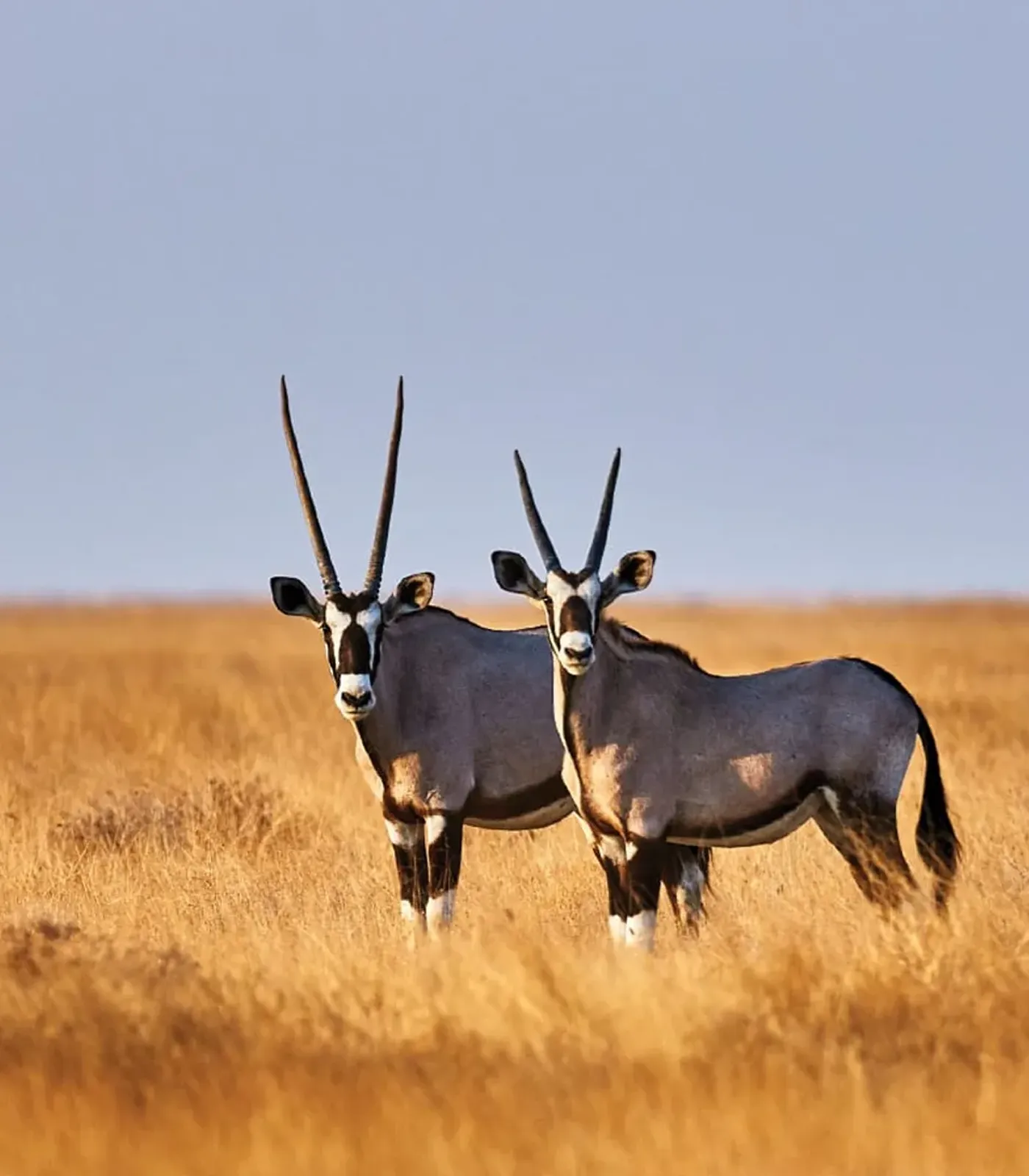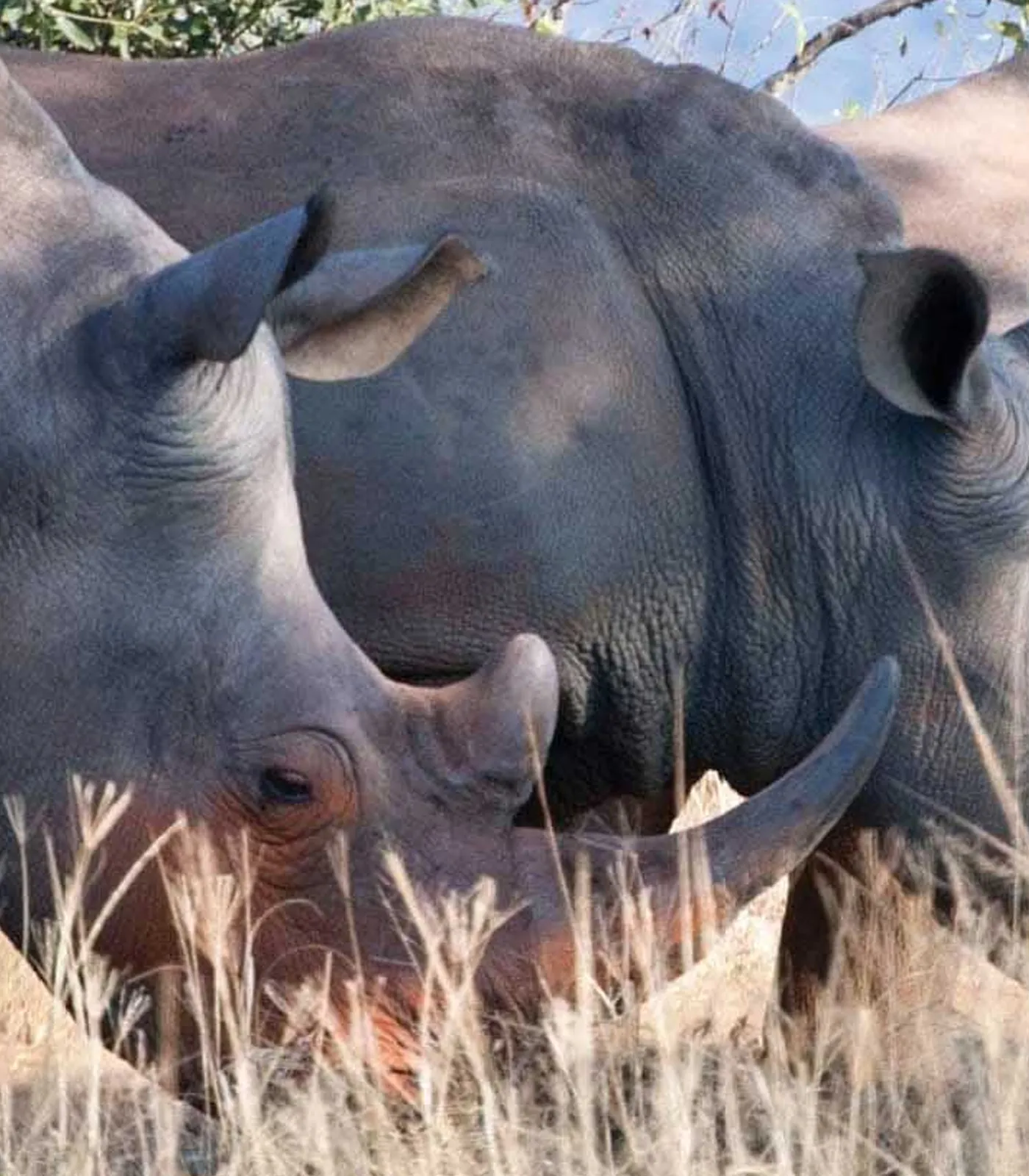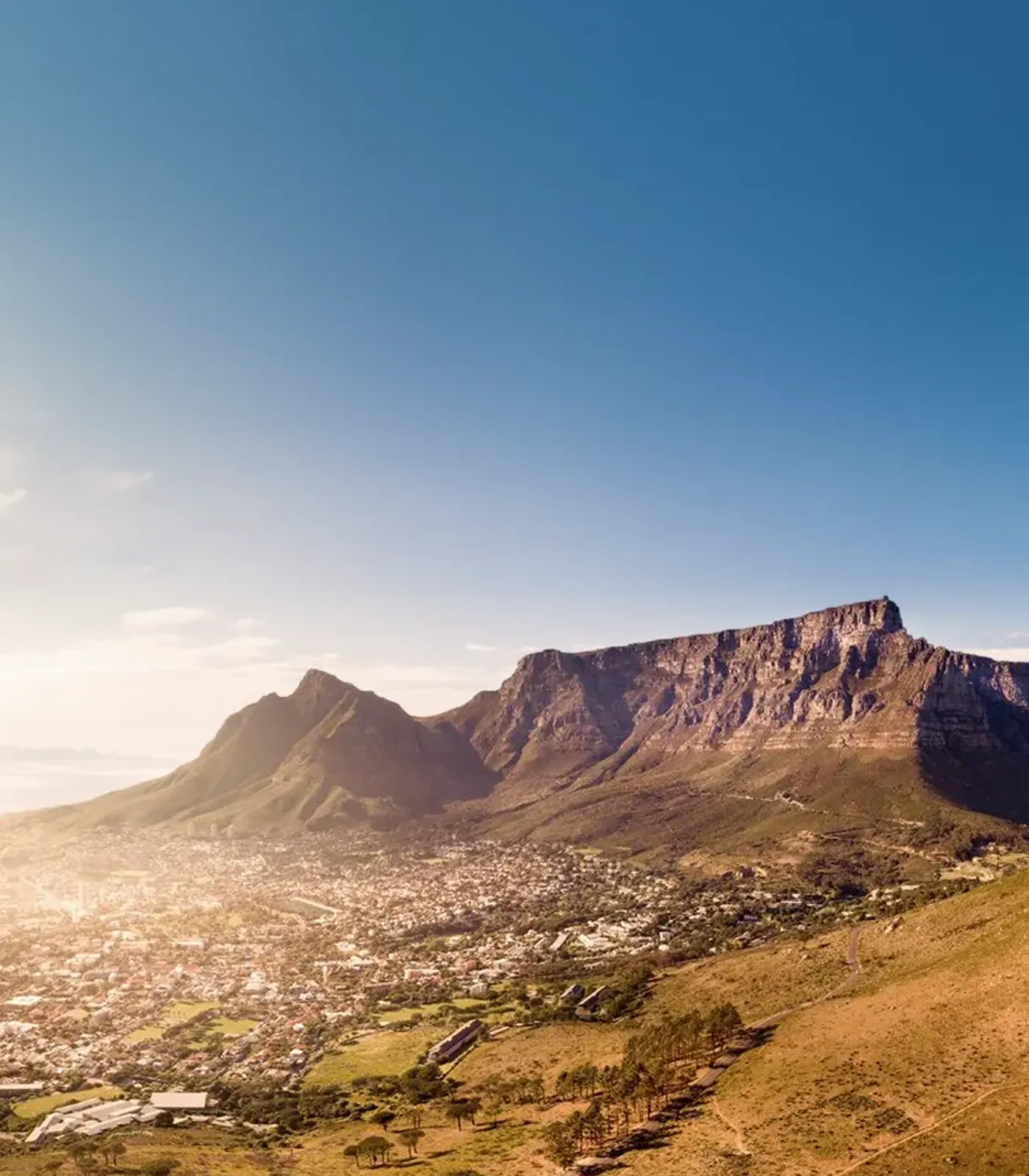Find Out The Real Meaning of Wildlife Management And How We Can Make A Difference Through Sustainable Hunting
Sustainable wildlife management is fundamental to the conservation of fauna and flora, maintaining biodiversity and natural ecosystems in the modern world.
That’s why 14 international organizations partnered to form the Collaborative Partnership on Sustainable Wildlife Management (CPW) in 2013. Their aim is to provide a forum where wildlife management matters can be discussed and aid in the sustainable management of wildlife around the globe.
What is Wildlife Management?
According to the Food and Agriculture Organization of the United Nations,
“Wildlife management is the process of keeping certain wildlife populations, including endangered species, at desirable levels on the basis of scientific, technical and traditional knowledge. Sustainable wildlife management adds to this objective with the aim of balancing the economic, ecological and social values of wildlife, with a view to protecting the interests of present and future generations. Thus, this concept goes beyond the protection of interests related to hunting and protection for individual species, and rather focuses on wildlife as a renewable natural resource in a holistic way.”
Wildlife management plays a role in government protected areas, as well as private wildlife ranches.
Although protected areas represent the main channel for conserving biodiversity, covering 12.2% of the land surface of the earth, the impact of private game reserves can’t be underestimated. In South Africa alone, there are over 10 000 registered private game farms that manage around 50 million acres of land, create over 100 000 permanent jobs and add close to $600 million (at the time of writing) to South Africa’s GDP annually – and a vast number of these private game farms are hunting ranches.
So, it’s not only eco-tourism, but also hunting tourism that contributes to the protection of wildlife and rural development.
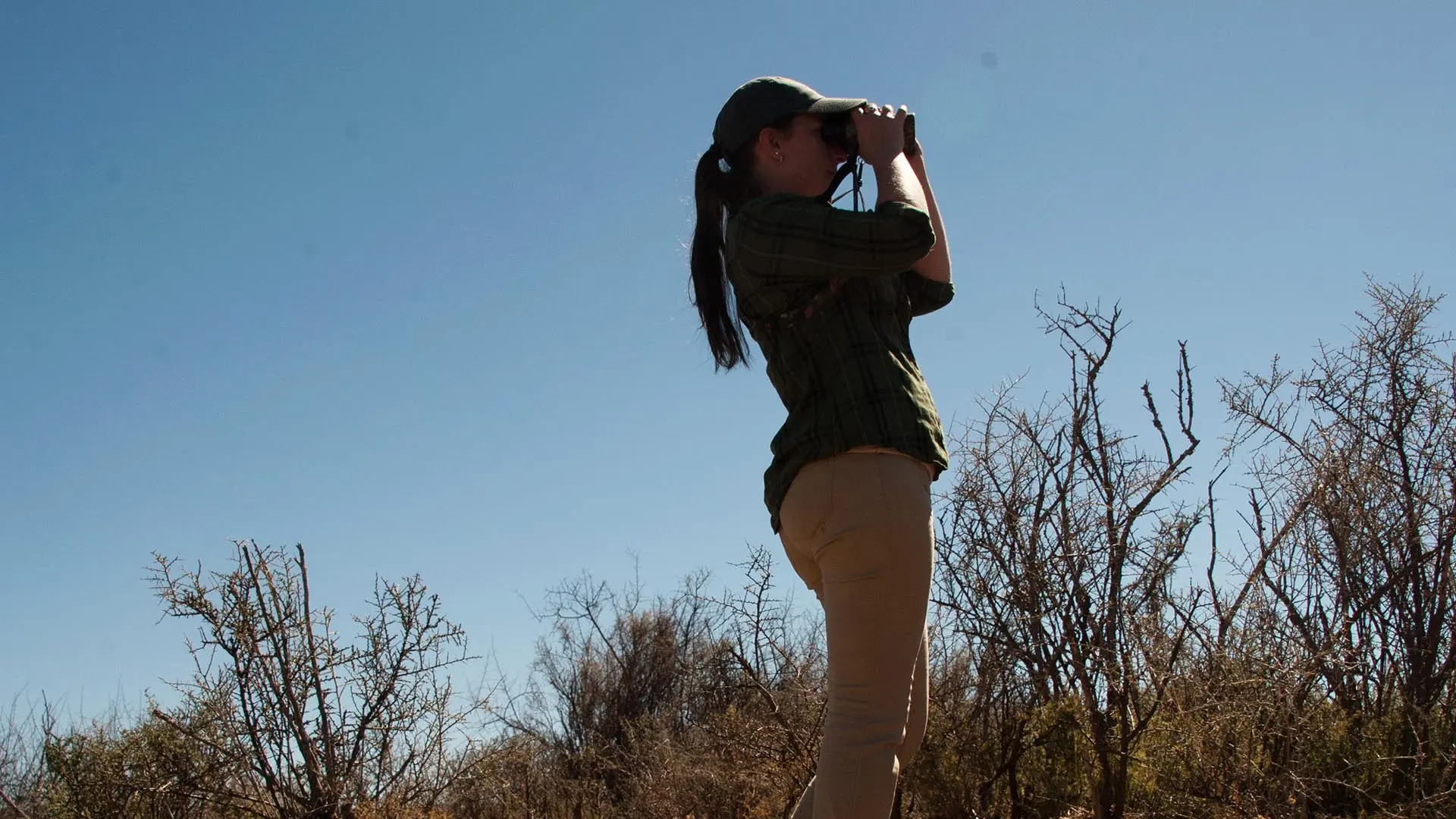
Factors Affecting Sustainable Wildlife Management:
1. How Climate Change Affects Wildlife Management:
It’s obvious human-induced climate change has already had an impact on a global scale. Temperature increases lead to rising sea levels, longer-lasting droughts and consequently affects food supply, procreative success and the delicate balance of species interdependence.
2. How Habitat Loss Affects Wildlife Management:
UN studies shoed 96 million people lived in sub-Saharan Africa in 1900. By 2000, the population had increased to 622 million people. By 2100, the number is expected to surpass 2,5 billion.
Habitat loss is probably the biggest threat to wildlife and it’s increasing at a rapid pace. It’s not just wildlife that suffers, there are many cultures around the globe who rely on nature for survival, and play an important part in their traditions and way of life.
3. How Poaching & Illegal Animal Trade Affect Wildlife Management:
Despite the best efforts of some conservation projects, poaching and the illegal trade of wildlife has worsened severely over the last decade and many species are now being pushed to the brink of extinction.
From rhinos, elephants, giraffes to pangolins in Africa, this disturbing trade is fed by the demand for ingredients, leather, skin, furs and prized souvenirs. What’s worse is that these syndicates use desperate locals to loot their own natural resources
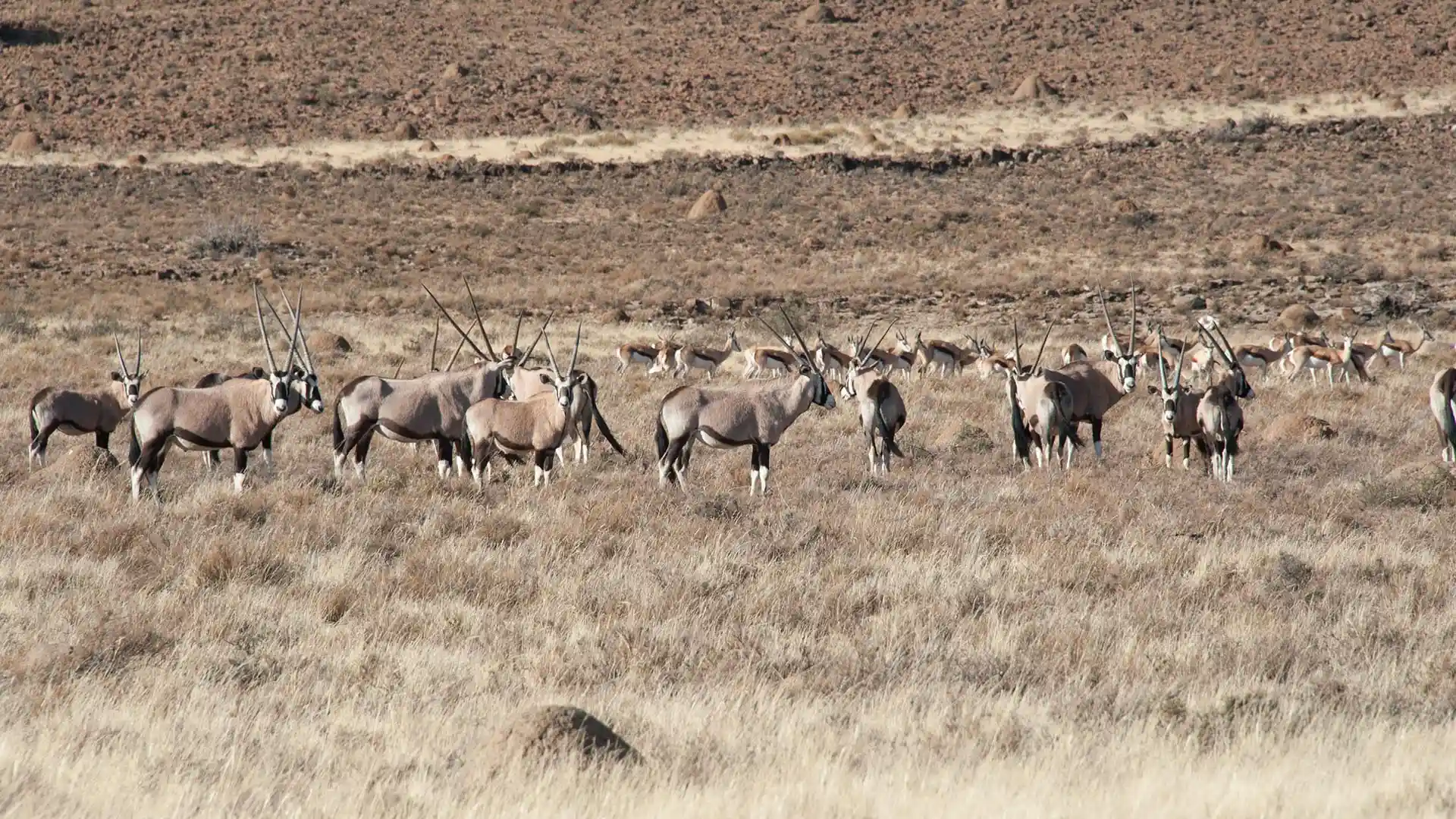
4. How Agriculture Affects Wildlife Management:
Agriculture constantly demands more space and resources for crops and livestock that could go to wildlife reserves. The pressure applied to these shrinking habits and close proximity with people inevitably leads to conflict, with wildlife on the losing side. Reserves that border ‘unprotected’ farms are also more vulnerable to poachers.
5. How Community Involvement Affects Wildlife Management:
In developing countries specifically, culture, traditions and way of life also impact conservation efforts.
Recognizing these and working closely with community leaders will lead to positive results. Failing to include locals living near or inside reserves leaves them feeling discriminated against. They might think that their land and it’s resources are being taken away from them and could lead to conflict damaging wildlife conservation efforts.
6. How Hunting Affects Wildlife Management:
There has been heated debate about this topic – can hunting animals really help protect them?
Trophy hunting is an important contributor to conservation but is not conservation by itself. Private reserves and game farms protect against poaching, maintain natural habitat and encourage community involvement.
Funding is crucial to conservation, and well-managed hunting provides income for local communities and incentivizes landowners to maintain land for conservation and help protect their animals against poaching. Hunting tourism doesn’t require complicated infrastructure and sophisticated resources normally associated with developed urban areas. Plus, relatively high returns with just a few international clients, means even less impact on the natural environment – with a comparatively small trade off of individual animals (usually older male specimens).
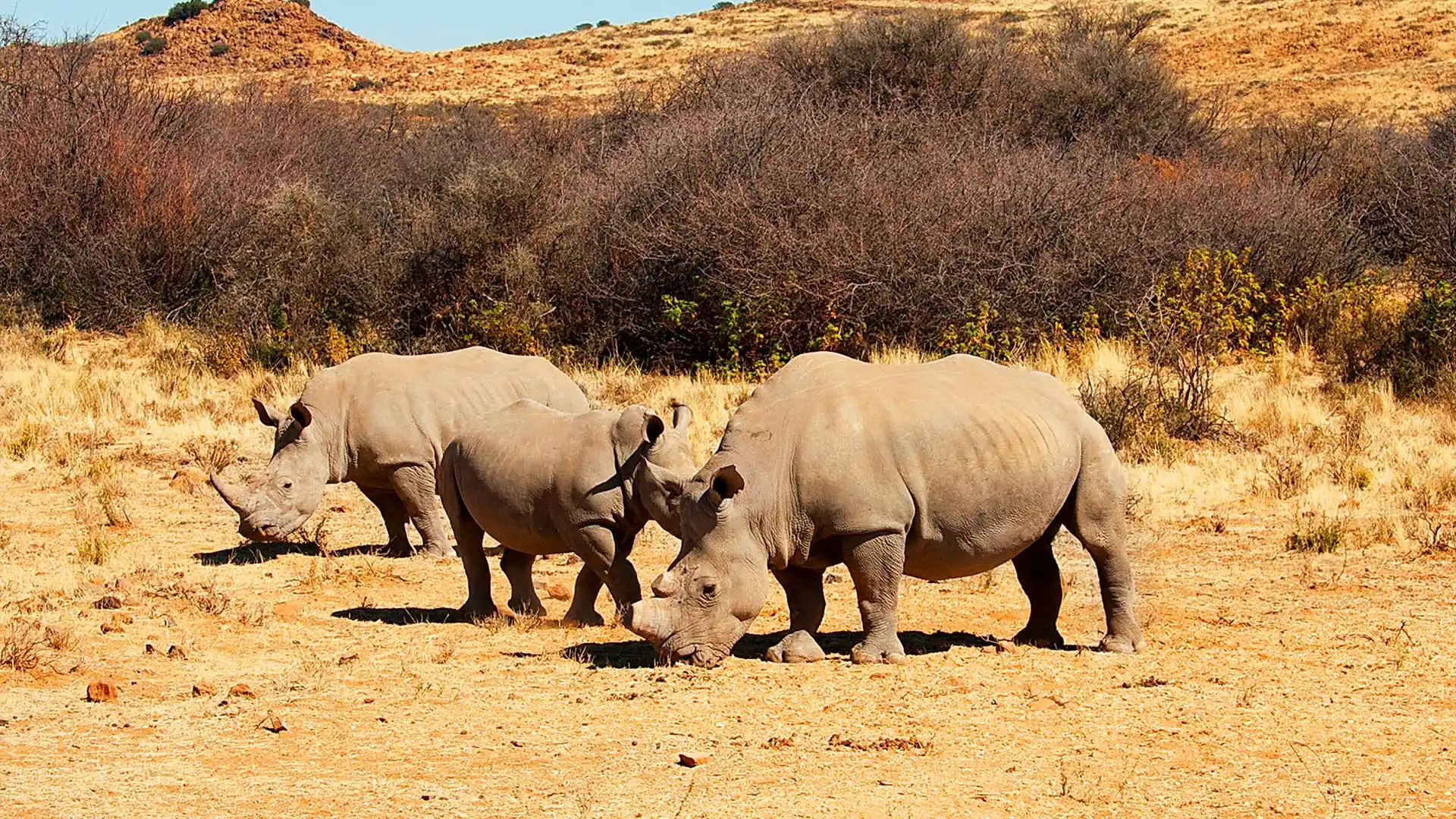
We should also acknowledge the negatives of recreational trophy hunting like, “sport hunting” and canned hunting.
The Fair Chase Movement was founded by avid hunter and conservationist, past US President Theodore Roosevelt at the end of the 19th century. The movement helped identify and separate true hunters from those hunters who aimlessly killed game to extinction.
Canned hunting, the heinous act of killing animals in confined areas is the absolute rejection of the “fair chase” principle which is fundamental to ethical hunting.
The future of wildlife conservation will have to include human needs, biodiversity and scientific research – all areas in which sustainable hunting is already playing a positive role.
In fact, WWF South Africa regards hunting as a legitimate conservation management tool and incentive for conservation.
At Avula Safaris, we’re committed to conservation and community upliftment. We support ethical hunting and try to pass on those ideals and virtues on to everyone who visits us.
So, like Teddy Roosevelt, are you the right hunter to join us at Avula Safaris? Take our quiz and find out what kind of hunter you are.
